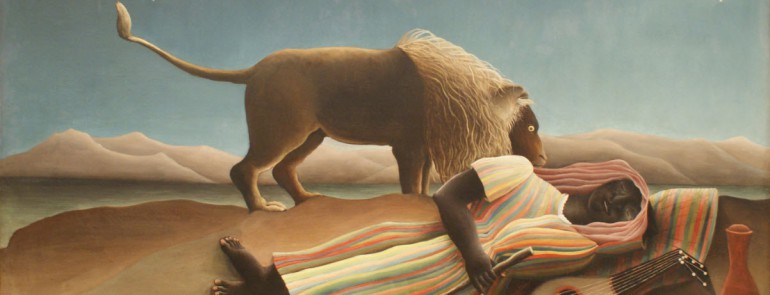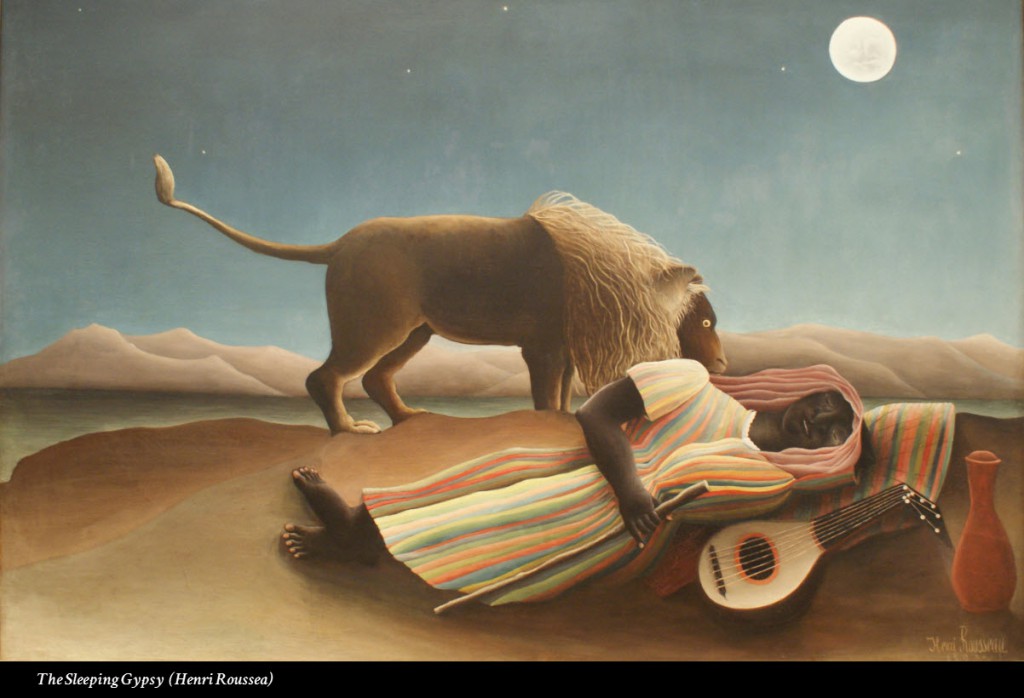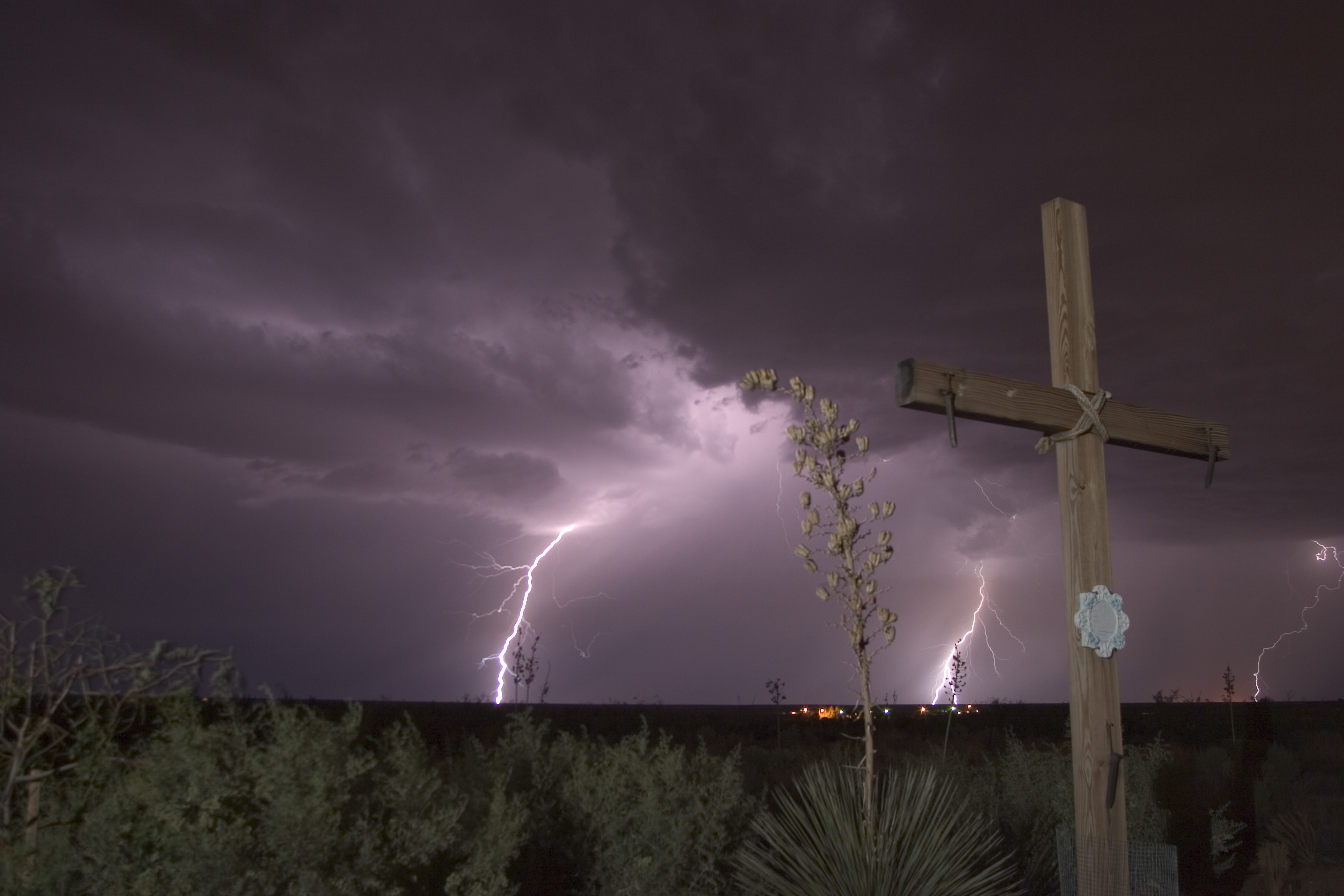Advent 2022 (4th Week)
Gospel Reading:
Matthew 1:18-24
This is how the birth of Jesus Christ came about. When his mother Mary was betrothed to Joseph, but before they lived together, she was found with child through the Holy Spirit. Joseph her husband, since he was a righteous man, yet unwilling to expose her to shame, decided to divorce her quietly. Such was his intention when, behold, the angel of the Lord appeared to him in a dream and said, “Joseph, son of David, do not be afraid to take Mary your wife into your home. For it is through the Holy Spirit that this child has been conceived in her. She will bear a son and you are to name him Jesus, because he will save his people from their sins.” All this took place to fulfill what the Lord had said through the prophet: Behold, the virgin shall conceive and bear a son, and they shall name him Emmanuel, which means “God is with us.” When Joseph awoke, he did as the angel of the Lord had commanded him and took his wife into his home.
______________________
Reflection:
A Trembling and a Fascination
by David Morrison
In this birth narrative of Jesus, an obscure, but crucial person is introduced: Joseph. Tradition calls him the “protector of the universal church.” This grandiose title is juxtaposed with his small and quiet choice to follow the subjectivity of a dream and “take Mary into his home.” He does so, and in the Gospel stories, he provides for Jesus, and slowly fades into oblivion. Joseph’s choice to follow his intuition went against every religious, cultural, and egoic conditioning that had been ingrained in him throughout his entire life. He could have walked away from this dreamlike, divine invitation and remain a respectable, law-abiding, Jewish man in good standing with his community. Most of the time, following the deeper biddings of the Holy Spirit puts us in a place of contradiction with our religious and cultural training. The determination of our choice often depends on which questions we ask. Joseph could have centered his questions on: “What will happen to me if I take this pregnant woman into my home as my wife?” Instead, he grasps onto another question: “What will happen to Mary and Jesus if I don’t take them in?” How often the questions we ask determine the direction of our journeys. These questions are always connected to encountering God in our weaknesses and fears. They always push us beyond our comfort limits and into empty spaces. Henri Nouwen writes:
I think that we have hardly thought through the immense implications of the mystery of the incarnation. Where is God? God is where we are weak, vulnerable, small and dependent. God is where the poor are, the hungry, the handicapped, the mentally ill, the elderly, the powerless. How can we come to know God when our focus is elsewhere, on success, influence, and power? I increasingly believe that our faithfulness will depend on our willingness to go where there is brokenness, loneliness, and human need.”
On a mystical level, the invitation for Joseph to “not be afraid to take Mary into your home” seems to recall the ancient king, David, and his exclamation when he encountered the presence of God in the Ark of the Covenant: “David was afraid of the Lord that day, and he said, ‘How can the ark of the Lord ever be brought to me?’” (2 Samuel 6:9). When we encounter the presence of God (especially in the marginalized and the impoverished), we’re struck with what Rudolf Otto described as the “mysterium tremendum et fascinans.” That is, the “mystery that causes us to tremble in fascination in the presence of what’s holy. In other words, when we encounter God in any sense, we’re simultaneously repelled and drawn to the mystery of God’s presence in all of its beauty and in all of its trepidation. Some might argue that this experience is only offered to an elite group of “saints,” and not for “regular people.” However, the Scriptural tradition is absolutely clear that this meeting of the numinous is happening all the time to every person: it’s grafted into the human experience. The determining factor seems to be a simple willingness of heart as opposed to a willful mind. Popular Christianity tends to foster willful minds through group-identity, dogma, scriptural interpretations, and culture wars at the expense of developing “willing” hearts. The entire Advent/Christmas story seems to focus on this willingness—especially Mary’s response to the angel: “Let it be done as you’ve said.” It’s repeated in Joseph’s response to the dream, and most of all, it foreshadows Jesus’s prayer the night before his crucifixion: “Not my will, but yours be done.” A “yes” in our spirits pushes us further into the depths of God’s heart much further than any external device can. Richard Rohr elaborates: “Mary’s ‘yes” was said in the darkness of faith. She was not certain, nor assured by any Scripture quote, doctrine, or pope. She just heard what she heard and did what God asked her to do, accepting the consequences. She had enough inner authority to not need a lot of outer authority.”
_________________
Prayer:
Prayer for lighting the fourth candle on the wreath each evening:
O Wisdom, holy Word of God,
Jesus Christ,
all things are in your hands,
come and show us the way to salvation.
______________
A Blessing for Choices
by David Morrison
When you come face to face with all that’s unknown and unseen; instead of making a stand against it (out of fear); may you find the grace to fall furiously into faith, hope, and love.
When you come to a crossroad in your life between what’s good and what’s God: may your listening ear be opened to the voice that comes in your deepest dreams and intuitions.
Amen.
________________








